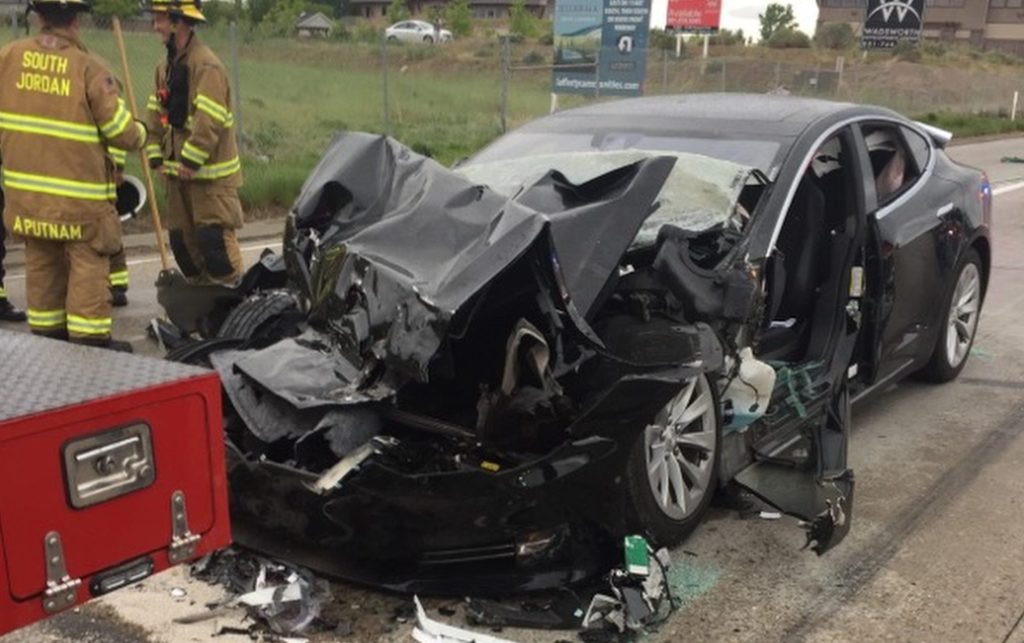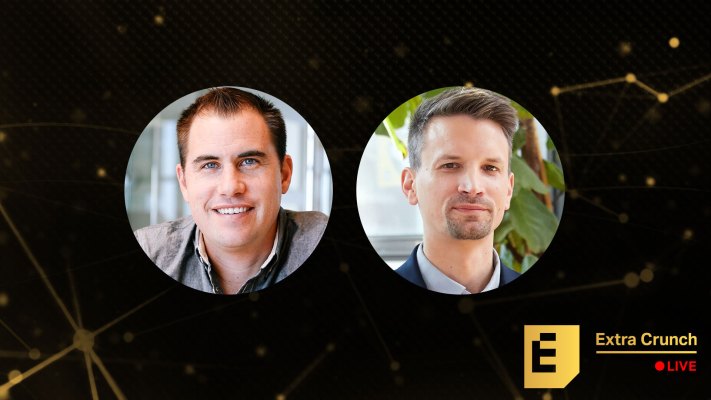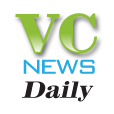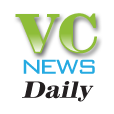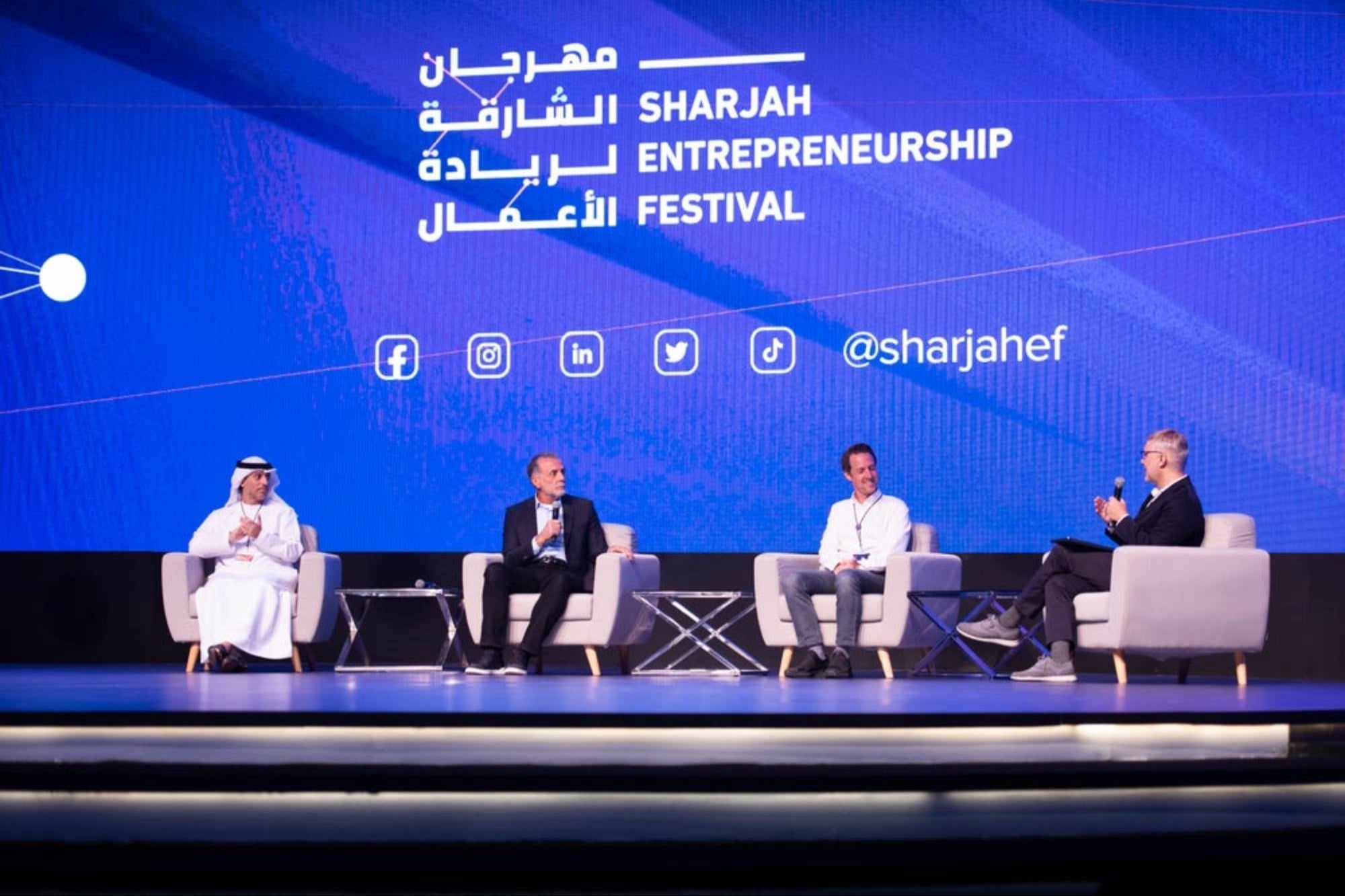Tesla, under federal investigation and facing a California DMV complaint over its driver-assistance technology, is accused in a new lawsuit of deceiving buyers and the public with claims about its “Autopilot” and “self-driving” systems, and of killing people with Autopilot.
The lawsuit, seeking class-action status to bring in hundreds of thousands of Tesla owners, targets claims by the electric car maker and its CEO, Elon Musk, that its $15,000 “Full Self-Driving” package means buyers will soon get a fully-autonomous car, and that Tesla also markets its Autopilot technology, which comes as a free standard version or a $6,000 “enhanced” version, as a step toward fast-approaching full autonomy.
The suit was filed Wednesday in Northern California U.S. District Court by Briggs Matsko of the Sacramento area, who bought a Tesla Model X compact SUV and paid extra for the “Enhanced Autopilot” option.
Tesla first installed Autopilot in 2015, followed by hardware for the Full Self-Driving feature the following year.
“Tesla has deceived and misled consumers regarding the current abilities of its … technology and by representing that it was perpetually on the cusp of perfecting that technology and finally fulfilling its promise of producing a fully self-driving car,” the suit claims. “Although these promises have proven false time and time again, Tesla and Musk have continued making them to generate media attention, to deceive consumers into believing it has unrivaled cutting-edge technology, and to establish itself as a leading player in the fast-growing electric vehicle market.”
The suit says that during an April 2019 event in Palo Alto that Tesla called “Autonomy Day,” Musk announced that Teslas would be capable of full self-driving and autonomously navigating dense urban areas like San Francisco and New York by the end of 2019, and that in two years the company would be making cars without steering wheels or pedals.
“Tesla has yet to produce anything even remotely approaching a fully self-driving car,” the suit alleges.
Tesla, which in December moved its headquarters to Austin from Palo Alto and has a car factory in Fremont, did not respond to a request for comment.
In June, the National Highway Transportation Safety Administration released a document showing it had broadened a probe launched in August 2021 into the autopilot system, “to explore the degree to which Autopilot and associated Tesla systems may exacerbate human factors or behavioral safety risks by undermining the effectiveness of the driver’s supervision.”
In July, the California Department of Motor Vehicles filed a complaint alleging Tesla deceptively advertised the two driver-assistance systems in ways that contradict its own warnings that the features still require active driver supervision.
In promoting its Enhanced Autopilot and Full Self-Driving features in 2016, the company produced a video showing a person in the driver’s seat of a moving Tesla, with a message in the beginning saying, “He is not driving anything. The car is driving itself,” the suit alleges. However, Tesla employees later revealed the car was benefiting from mapping software unavailable to Tesla customers, “and that the car still performed poorly and even ran into a fence during filming,” the suit claims. “With the assistance of a large team of Tesla engineers, the car had to run the same route over and over again before Tesla got acceptable video that appeared to show a car capable of driving itself. Even though the video was debunked as deceptive and misleading years ago, Tesla continues to prominently feature it on its website.”
The suit by Matsko alleges that “Dozens of people have suffered fatal and other serious injuries as a result of (autopilot-related) collisions, triggering a host of investigations by state and federal regulators.”
Among the crashes cited in the suit was a fatal 2018 collision of a Model X with a concrete barrier on Highway 101 in Mountain View. The National Transportation Safety Board in 2020 found that Autopilot steered the car into the barrier, and that the victim Walter Huang, an Apple engineer from Foster City, was also responsible for the crash because he had been playing a computer game on his phone.
On the current state of the Full Self-Driving feature, the suit notes that Tesla is allowing certain owners — more than 100,000, according to Musk — to become “beta” testers of the system. “Drivers have consistently found that Tesla’s FSD Beta software has myriad problems,” the suit claims, “such as cars failing to make routine turns, running red lights, and steering directly into large objects and oncoming traffic.”
In an April TED interview, Musk was asked about his timing projections, and he responded that they are “more optimistic than pessimistic” and that more often than not, accomplishments come later than he said they would, but “they do come true.”
The lawsuit is seeking unspecified damages.

